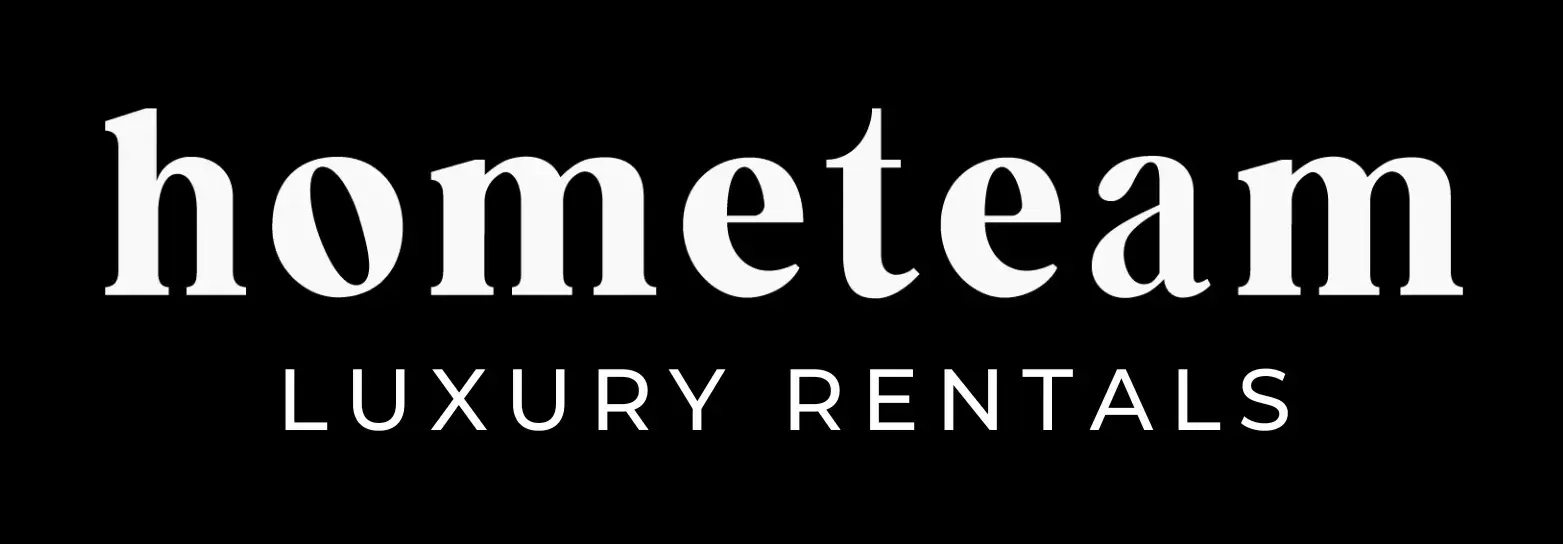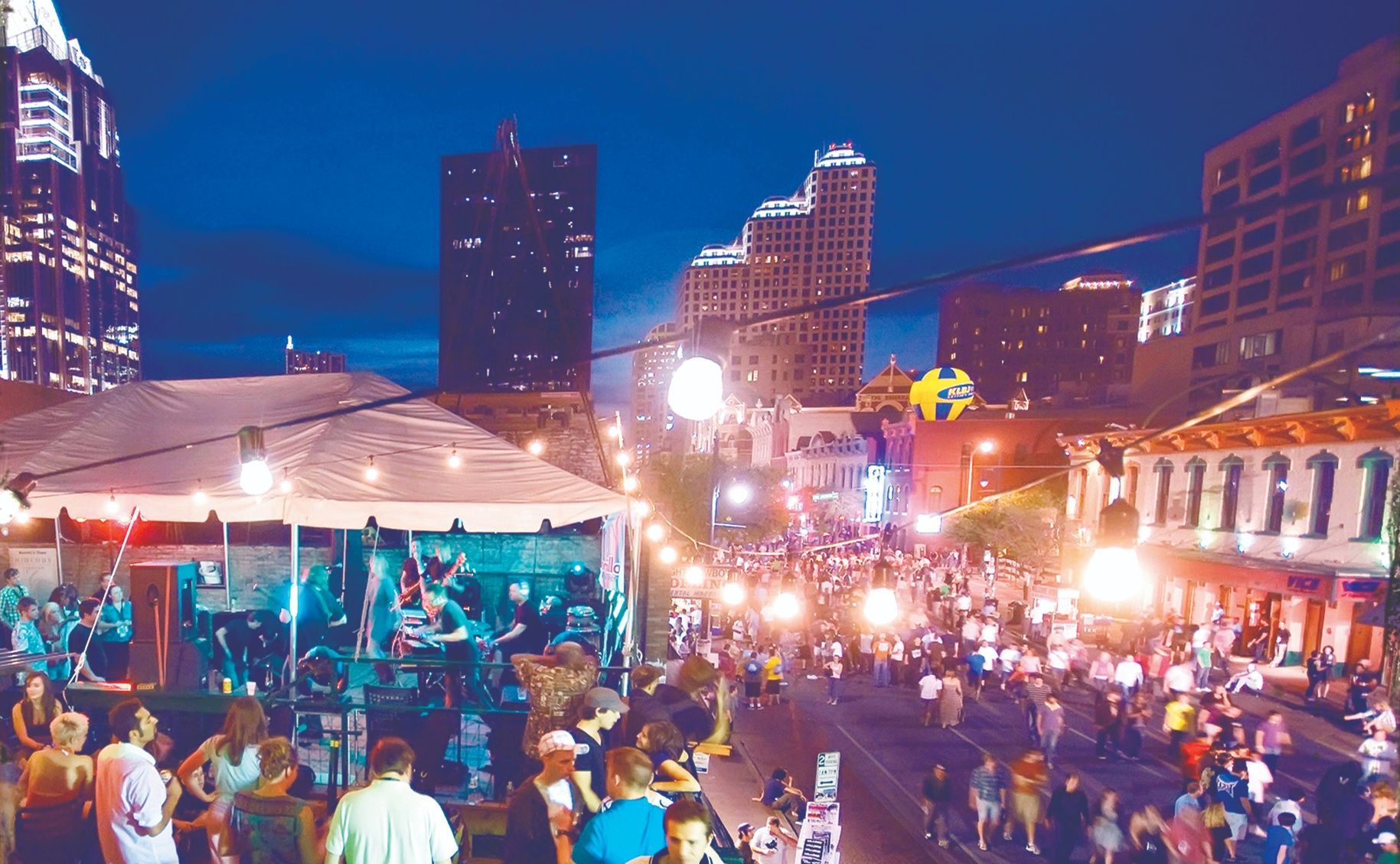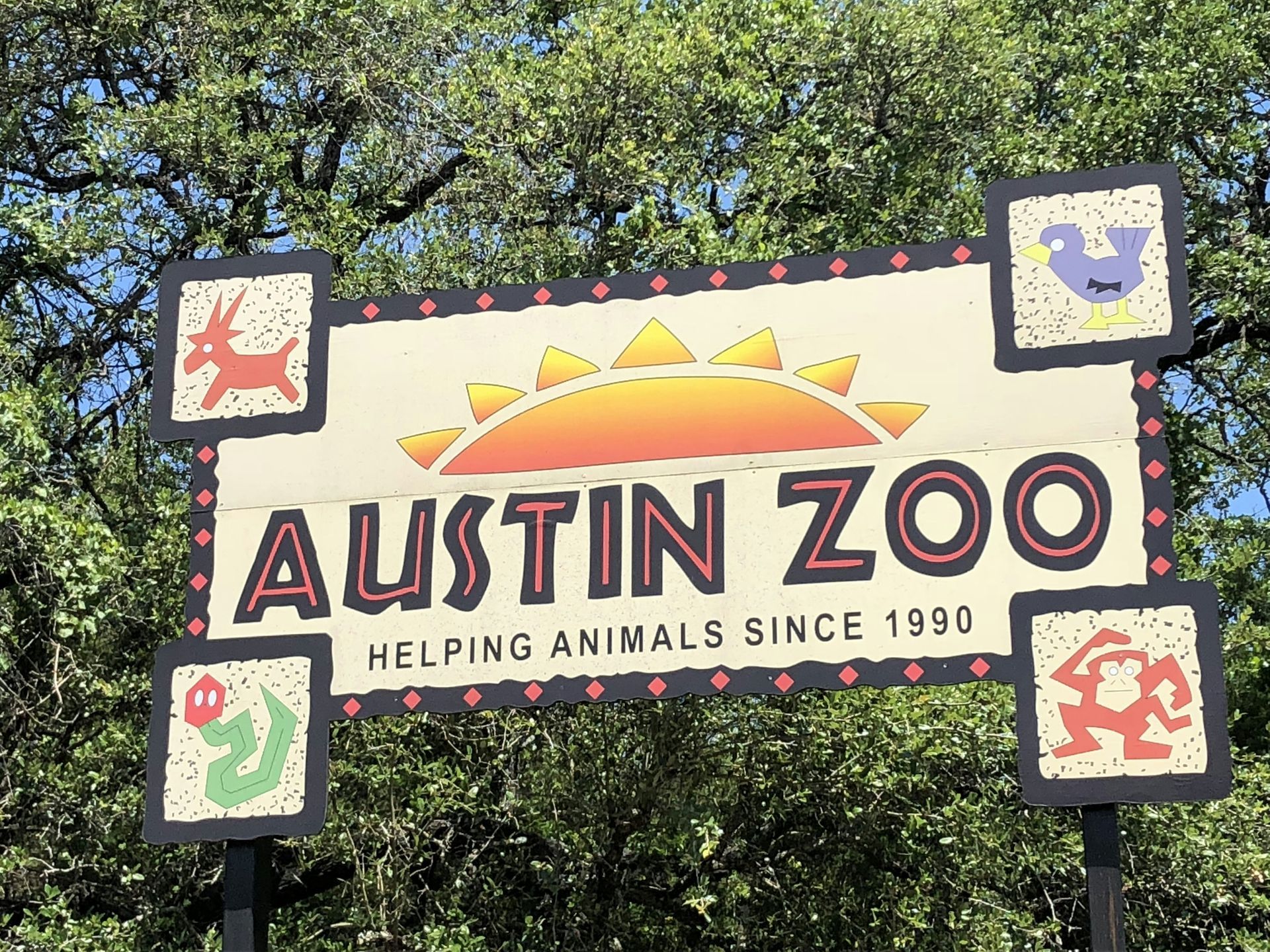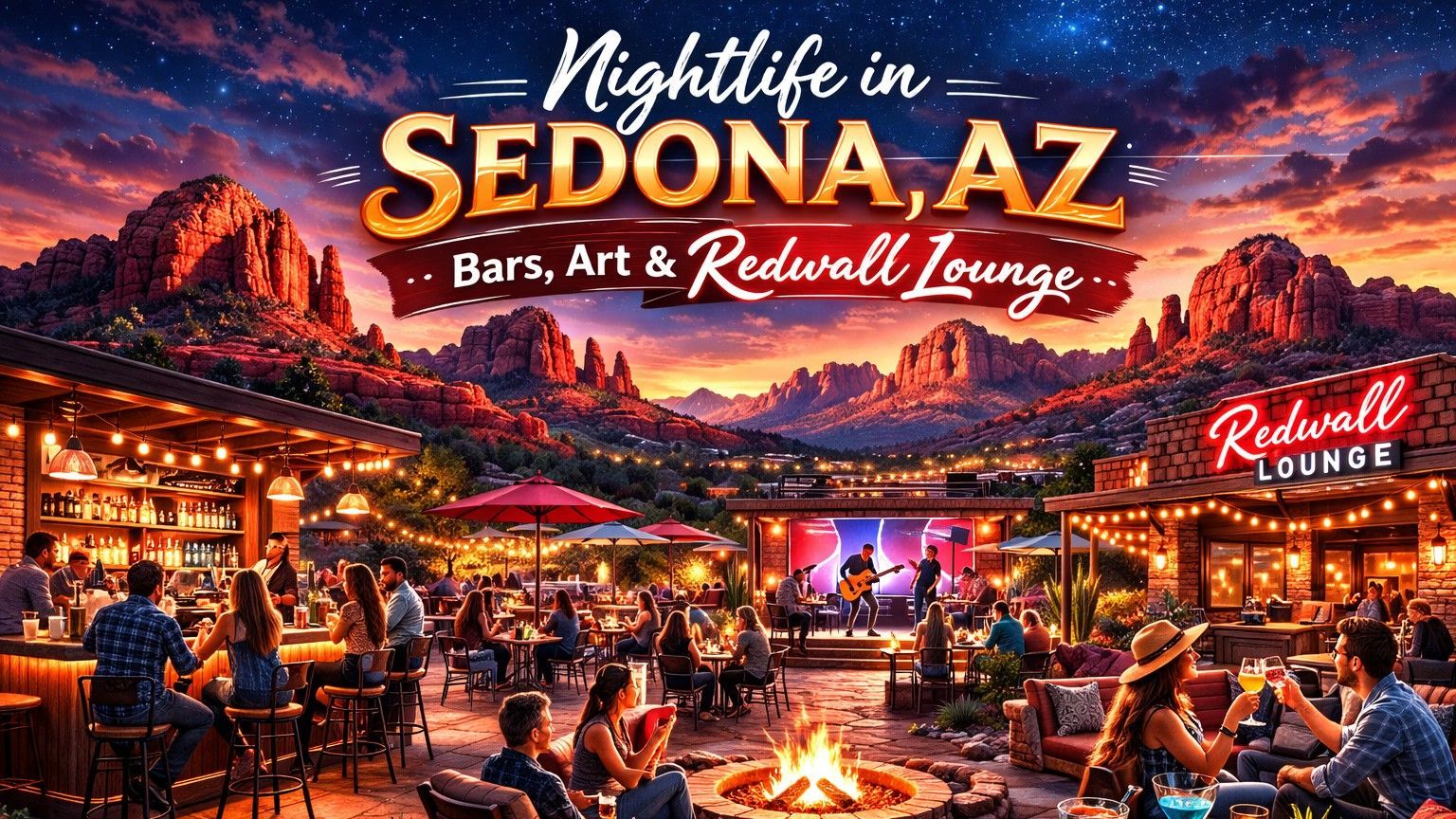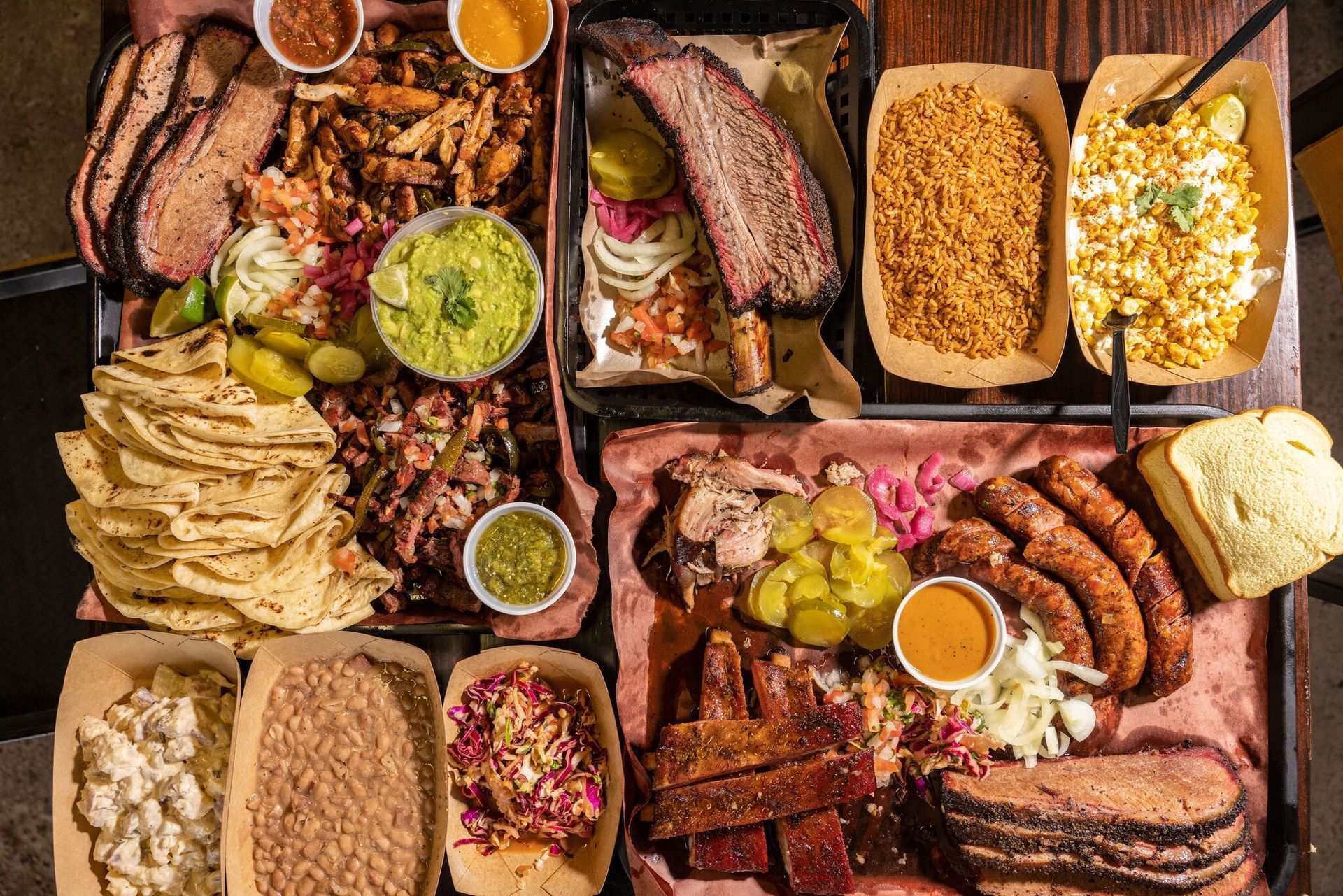Short-Term Rental Regulations in Utah: Airbnb Laws Throughout the Beehive State
By: Elliott Caldwell | Oct 7, 2025

Understanding Short-Term Rental Laws in Utah
Utah’s short-term rental (STR) landscape is defined by local control. While the state sets tax collection rules, it leaves nearly all operational and zoning authority to counties and municipalities. The result is a patchwork of local ordinances, where what’s legal in Park City may be restricted in Provo or limited to resort districts in Moab.
For investors, this decentralized system presents both opportunities and risks. Areas with tourism-driven economies—like Park City, St. George, and Moab—tend to have established STR licensing programs and clear zoning maps. Others, particularly suburban cities along the Wasatch Front, restrict or condition STRs within residential neighborhoods to protect housing stock and local character.
Utah’s Regulatory Model
Utah has no statewide short-term rental license, permit, or uniform definition. Instead:
- Local governments define what qualifies as a short-term rental—commonly, stays of fewer than 30 days.
- Municipal codes establish which zoning districts allow STRs, along with parking, occupancy, and safety standards.
- Taxation is the only consistent statewide rule: operators must collect and remit state and local transient room taxes in addition to sales tax.
- Local enforcement handles compliance through city or county business-license offices, often supported by data from hosting platforms.
This structure gives communities flexibility to tailor rules to their tourism mix but requires hosts to research regulations at the parcel level before listing a property.
The Practical Impact for Hosts and Investors
Because Utah’s system rewards compliance and penalizes oversight, due diligence is critical before purchase or conversion. Investors should:
- Verify zoning before closing on a property—zoning is the single biggest legal barrier to STR operation.
- Budget for inspections, fees, and renewals that vary widely by jurisdiction.
- Register for all applicable taxes with the Utah State Tax Commission and local tax offices.
- Designate a local contact person if operating remotely; many cities require a 24/7 local representative.
In short, Utah’s short-term rental laws are fragmented but navigable. With careful compliance planning and local insight, hosts can operate successfully in some of the Mountain West’s most lucrative vacation-rental markets.
Utah’s STR Regulatory Landscape at a Glance
Utah’s short-term rental market operates under localized control, meaning every city and county sets its own licensing and zoning standards. The state provides a consistent tax framework but leaves operational rules to local governments, creating one of the most diverse STR landscapes in the region.
Utah’s STR Regulatory Landscape at a Glance
| Region / City | Local Licensing Required | Zoning Restrictions | Enforcement Level | Notes |
|---|---|---|---|---|
| Park City | ✅ Yes | Strict (resort zones only) | High | Annual renewals, inspections, and tax registration required. |
| Salt Lake City | ✅ Yes | Limited residential use | Moderate | Conditional approval; local contact required. |
| Moab | ✅ Yes | Resort / mixed-use zones | Moderate | Compliance focus on housing preservation. |
| St. George | ✅ Yes | Restricted in most residential zones | Moderate | Emphasis on parking, occupancy, and noise. |
| Provo | ✅ Yes | Restricted residential use | Moderate | Conditional-use permits in select zones. |
| Ogden | ✅ Yes | Limited residential availability | Moderate | Business license and safety inspection required. |
| Rural Utah Counties | ❌ Often No | Minimal | Low | Few requirements beyond state tax registration. |
2. Statewide Tax Obligations for Short-Term Rentals
At the state level, Utah classifies short-term rentals as taxable lodging businesses. Regardless of local permit status, operators must comply with statewide tax laws.
- Sales Tax (≈ 4.85%) – Applies to all short-term lodging transactions.
- Transient Room Tax (TRT) – State ≈ 0.32% plus local 3–5%.
- Total Effective Rate: 11–15% depending on location.
- Registration: Hosts must register with the Utah State Tax Commission and may need local tax accounts.
- Platform Remittance: Airbnb and Vrbo collect some taxes automatically, but hosts remain liable for unremitted amounts.
3. Regulatory Trends and Market Direction
Utah’s STR environment continues to evolve as tourism expands and housing affordability becomes a public concern. Since 2023, several jurisdictions—including Salt Lake City, Summit County, and Moab—have tightened ordinances to curb unlicensed operations and manage neighborhood impact.
Expect to see:
- More data-sharing agreements between municipalities and booking platforms.
- Tiered licensing systems separating owner-occupied from investor-owned STRs.
- Potential state reporting standards, though not a full statewide law.
Overall, Utah remains favorable but compliance-intensive, rewarding well-managed, transparent operations.
Local Regulations: How Utah Cities Govern Short-Term Rentals
Utah’s statewide rules stop at tax collection. Everything else, including licensing, zoning, and operational standards, is determined locally. Each city sets its own approach to where short-term rentals are allowed, how they’re licensed, and what compliance measures hosts must follow.
For hosts and investors, local law determines viability. Zoning, occupancy limits, and local contact requirements can differ from one city—or even one neighborhood—to another. Understanding these variations is essential before listing or acquiring property.
The sections below outline short-term rental rules in Utah’s top markets, including Park City, Salt Lake City, Moab, St. George, Provo, Ogden, Cedar City, Logan, and Kanab. Each summary covers:
- Licensing and permitting requirements
- Zoning and operational restrictions
- Tax obligations
- Key compliance insights for investors
These overviews provide a clear snapshot of Utah’s most active Airbnb and vacation rental destinations, helping you identify where short-term rentals can legally and profitably operate.
Park City (Summit County)
Licensing and Permits
Park City defines a “nightly rental” as lodging for fewer than 30 days and requires a Nightly Rental License. Applicants must provide proof of ownership, a floor plan, and a parking plan, register for state and local taxes, pass a building inspection, and designate a local contact person.
Zoning and Restrictions
The Land Management Code allows STRs only in designated zones that permit nightly rentals. Most residential zones prohibit them, and only one renter may occupy a unit at a time.
Taxes and Compliance
Hosts must collect sales and transient room tax, comply with noise and parking ordinances, and renew licenses annually.
Implications for Investors
Park City’s luxury market offers strong demand but limited inventory. Legal operation depends on zoning—making due diligence crucial before purchase.
Salt Lake City (Salt Lake County)
Licensing and Permits
Salt Lake City treats any rental under 30 days as a hotel, motel, or B&B use. STRs must obtain a business license through the city’s finance department and meet hotel-level building and parking standards.
Zoning and Restrictions
Short-term rentals are permitted only in zones that allow hotel or motel uses, generally prohibiting STRs in residential areas.
Taxes and Enforcement
Operators must remit state and local transient room taxes. The city monitors compliance through license records and complaints.
Implications for Investors
SLC STRs are effectively confined to mixed-use and commercial districts. Investors should focus on downtown or redevelopment zones rather than residential properties.
Moab (Grand County)
Licensing and Permits
Moab ordinance 5.67 makes operating a nightly rental without a license a Class A misdemeanor. The process takes 3–6 weeks and requires proof of insurance, a site plan, and a local contact.
Zoning and Restrictions
Most residential and commercial zones prohibit STRs, and a moratorium blocks new construction for STR use. Only resort zones or grandfathered properties may operate.
Taxes and Compliance
The combined lodging tax exceeds 10 percent. Strict fire-safety rules apply, including detectors and clear exits.
Implications for Investors
Moab’s regulations protect its tourism core, but new licenses are scarce. Investors should target grandfathered units or consider neighboring Grand County areas with looser rules.
St. George (Washington County)
Licensing and Permits
A business license is required for all STRs. Owners outside Washington County must appoint a local contact person. Applications require a site plan, proof of insurance, and a safety inspection.
Zoning and Restrictions
Rentals under 30 days are prohibited in most residential zones. Exceptions exist in planned resort developments with amenities such as Las Palmas or Sports Village.
Taxes and Compliance
The city’s transient room tax is about 12 percent. Licenses must be displayed in the rental and renewed annually.
Implications for Investors
St. George allows profitable operations in select resort communities. Buyers should verify whether a development has STR zoning before purchasing.
Ogden (Weber County)
Licensing and Permits
Ogden requires a short-term rental license. Applications must include property details, inspection approvals, and neighbor notifications within 300 feet of the rental. Licenses must be renewed annually.
Zoning and Restrictions
Owner-occupied rentals are permitted in R-1 zones, while non-owner-occupied units are allowed in R-2, R-3, and higher-density zones but limited to one per block. Downtown zones allow STRs but cap them at 10 units per building.
Taxes and Enforcement
Operators must collect lodging taxes and comply with occupancy and parking limits. Violations can result in fines up to $1,000 per day.
Implications for Investors
Ogden’s rules favor small-scale, owner-managed rentals. Non-owner investors should target higher-density or downtown zones for the best compliance flexibility.
Provo (Utah County)
Licensing and Permits
All STRs must obtain a business license from the Community & Neighborhood Services Department. Properties in Provo are subject to inspection for safety compliance.
Zoning and Restrictions
Provo limits STRs to owner-occupied properties. The owner must reside on-site or in an accessory dwelling unit during guest stays. Most single-family zones prohibit non-owner rentals.
Taxes and Enforcement
Hosts must collect state sales and transient room taxes. Enforcement is handled through complaint investigations and periodic license reviews.
Implications for Investors
Provo’s restrictions limit opportunities for traditional STR investors. House hacking, where an owner rents part of their primary residence, is the most viable approach.
Kanab (Kane County)
Licensing and Permits
Kanab requires a business license for all STRs operating in residential zones. Applicants must submit a site plan, meet parking requirements, and post the city-provided rental rules inside the property.
Zoning and Restrictions
Short-term rentals are limited to two per property in single-family zones, and only one private renter may occupy the unit at a time. Home exchanges of up to six per year are exempt.
Taxes and Compliance
Operators must collect sales and transient room taxes. Guesthouses cannot be rented simultaneously with accessory dwelling units.
Implications for Investors
Kanab balances tourism promotion with neighborhood protection. Licensed units in residential zones can operate profitably, but scaling beyond one or two properties per parcel is not allowed.
Brian Head (Iron County)
Licensing and Permits
In Brian Head, rentals under 30 days require a business license and fire inspection approval. Applicants must provide proof of insurance, an owner affidavit, and pay fees totaling several hundred dollars per unit.
Zoning and Restrictions
Homes not connected to the municipal water system are ineligible for licensing. All STRs must meet safety and public-health standards before approval.
Taxes and Enforcement
Hosts must collect sales and lodging taxes plus a 1.5% Enhanced Service Fee. Renting without a license is a Class B misdemeanor with fines up to $1,000.
Implications for Investors
Brian Head remains a popular year-round resort market. Investors should ensure compliance early, as enhanced fees and inspection requirements increase startup costs.
Garden City (Rich County)
Licensing and Permits
Garden City requires a short-term rental license for all properties rented for fewer than 30 days. Applications must include proof of ownership, a site plan with parking, proof of insurance, floor plans, state and local tax IDs, and contact information for a local emergency contact within 15 minutes of the property. A city inspection is required before approval.
Zoning and Restrictions
STRs must comply with the city’s zoning code, and not all subdivisions allow them. Owners must confirm HOA approval before applying.
Taxes and Compliance
Hosts must collect and remit sales, resort, and transient rental taxes. They must also maintain trash service and property standards consistent with nearby homes.
Implications for Investors
Garden City’s Bear Lake creates strong year-round demand. However, investors should verify both city zoning and HOA restrictions to avoid post-purchase limitations.
Cedar City (Iron County)
Licensing and Permits
Cedar City requires a Residential Short-Term Rental License ($40) in addition to a general business license. Owners must provide liability insurance and a diagram of on-site parking.
Zoning and Restrictions
STRs are permitted in residential areas if owners designate a local representative who can respond to complaints within 24 hours. Rentals may not exceed two guests per bedroom plus four per home.
Taxes and Compliance
Owners must collect and remit applicable state and local taxes and maintain functional smoke and carbon monoxide detectors. Violations may result in fines or license revocation.
Implications for Investors
Cedar City offers accessible entry for compliant hosts. It’s a balanced market between strict resort towns and unregulated rural zones, making it appealing for smaller-scale investors.
Washington City (Washington County)
Licensing and Permits
STRs in Washington City are classified as congregate living facilities and must obtain a business license. Annual fire inspections are required, and larger properties (sleeping 11 or more) must have sprinklers.
Zoning and Restrictions
STRs are only permitted in approved subdivisions such as Casitas at Sienna Hills, Coral Ridge, and Escondido. HOA coordination and city registration are both mandatory.
Taxes and Compliance
Owners must comply with occupancy limits, provide parking, control noise, and ensure that HOAs maintain a point of contact for city communication.
Implications for Investors
Washington City offers reliable returns within approved communities but is closed to new STR development elsewhere. HOA oversight is a key operational consideration.
Hurricane (Washington County)
Licensing and Permits
All STRs in Hurricane must obtain a business license before operating. Applications require the owner or manager's contact information and a state tax number.
Zoning and Restrictions
In single-family zones, each owner may hold only one STR license, with 300 feet of spacing between rentals. Licenses are capped at three per 1,000 residents, creating a waiting list once filled.
Taxes and Compliance
Owners must provide off-street parking, meet noise and safety standards, and respond to complaints within one hour. Pool and spa use is restricted after 11 p.m.
Implications for Investors
Hurricane’s tight license caps and spacing rules favor early entrants. Legal properties retain strong resale value due to limited supply and proximity to Zion National Park.
Sandy (Salt Lake County)
Licensing and Permits
STRs in Sandy are allowed only in owner-occupied dwellings. Applicants must prove residency (at least 183 nights per year) and obtain both a Special Use Permit and a business license.
Zoning and Restrictions
A property may be rented for no more than 182 nights per year, and owners must leave one vacant night between stays. Corporations and LLCs are not eligible for permits.
Taxes and Compliance
Owners must provide off-street parking, undergo multi-department inspections, and maintain strict occupancy limits (no more than eight related or four unrelated guests).
Implications for Investors
Sandy’s owner-occupied rule limits investment potential for absentee owners, but it enables compliant homeowners to earn supplemental income near major ski and sports venues.
Logan (Cache County) –
Utah Short-Term Rental Ordinance Overview
Licensing and Permits for Vacation Rentals
Logan requires all rental properties, including short-term rentals, to obtain a business license. Applicants must provide proof of ownership, insurance, and compliance with building and fire safety codes.
Zoning and Local Regulations
STRs are allowed primarily in mixed-use and higher-density residential zones. Most single-family zones prohibit STRs unless the owner resides on-site.
Taxes and Compliance
Hosts must register with the Utah State Tax Commission to collect sales and transient room taxes. Inspections may be required before license renewal.
Implications for Investors
Logan’s STR market benefits from Utah State University tourism and low property costs. Investors should focus on multi-unit or downtown areas where licensing is more flexible.
Vernal (Uintah County) – Short-Term Rental Regulations in Utah’s Energy Hub
Permit and Licensing Requirements
A city business license is required for any property offering short-term accommodations in Vernal. Applicants must submit proof of insurance, a safety inspection report, and zoning verification.
Zoning and Local Ordinance Compliance
STRs are allowed in commercial and some mixed-use zones. Residential neighborhoods require conditional-use approval, and owners must provide off-street parking.
Taxes and Enforcement
Hosts must collect local lodging taxes, which include sales tax and the Uintah County transient room tax. Noncompliance can result in daily fines or suspension of business operations.
Implications for Investors
Vernal’s STR market is driven by outdoor recreation and oil-industry travelers. Properties near Dinosaur National Monument or downtown appeal to both tourism and workforce guests.
Heber City (Wasatch County)
–
Utah Short-Term Rental Permit and Ordinance Summary
Licensing and Vacation Rental Requirements
Heber City requires a nightly rental license for all properties rented for fewer than 30 days. Applicants must provide a state tax ID, floor plan, parking plan, and local contact information.
Zoning and Local Regulations
STRs are permitted only in specific zoning districts, including resort and mixed-use areas. Most single-family residential zones prohibit them unless grandfathered before ordinance adoption.
Taxes and Compliance
Operators must collect state and local lodging taxes. A valid business license must be posted in each rental unit.
Implications for Investors
Heber City attracts year-round visitors seeking proximity to Deer Valley and Jordanelle Reservoir. Properties within approved resort districts can yield strong seasonal income but face limited expansion opportunities.
Panguitch (Garfield County)
– Vacation Rental Regulations and Licensing
Licensing and Permit Process
All STRs in Panguitch must obtain a city business license and pass building and fire inspections. Owners must provide proof of insurance and a local contact available for emergencies.
Zoning and Local Ordinance Rules
Short-term rentals are allowed in commercial and some residential zones but may require a conditional-use permit. Parking and occupancy limits are strictly enforced to preserve neighborhood character.
Taxes and Compliance
Hosts must collect sales and transient room taxes and display their business license inside the rental. Failure to comply may result in fines or license revocation.
Implications for Investors
Panguitch benefits from its gateway position to Bryce Canyon National Park. While regulations are moderate, smaller inventory and limited commercial zoning can restrict available listings.
Summary and Investment Takeaways
Utah’s short-term rental landscape is defined by local regulation rather than statewide uniformity. Each city balances tourism, housing, and community priorities differently, creating a tiered structure of opportunity for investors.
- Tier 1 markets such as Park City and Moab feature strong demand but tight zoning and limited permitting, rewarding compliance and high-end, professionally managed listings.
- Tier 2 destinations, including St. George and Salt Lake City, combine healthy tourism economies with clearer licensing paths, making them appealing for mid-scale investors who can navigate moderate oversight.
- Tier 3 and 4 markets such as Cedar City, Washington City, Heber City, and Panguitch offer lower barriers to entry and growing tourism appeal, though they vary in consistency and enforcement.
For investors, success in Utah depends on precise local research and strategic property selection. Key steps include:
- Confirm zoning and HOA compliance before purchase or listing.
- Budget for inspections, fees, and annual renewals where applicable.
- Keep records of tax registration and occupancy limits for each jurisdiction.
- Maintain a responsive local contact to ensure continued compliance.
In short, Utah’s fragmented short-term rental regulations create both risk and reward. Markets with more oversight tend to support higher nightly rates and appreciation, while rural or developing areas favor flexibility and affordability. For those focused on vacation rental management in Utah for luxury homes, the key is precision—choosing markets where regulation elevates property value rather than limits potential. The most successful investors are those who treat compliance as part of their business model, using regulation to filter out competition rather than deter opportunity.
Works Cited
- “Business License for Nightly Rentals.” Moab City Code, Title 5, Chapter 67, moabcity.org, https://moabcity.org/DocumentCenter/View/3196/Title-5-Chapter-67-Business-Licenses
- “Nightly Rental License.” Park City Municipal Corporation, parkcity.org, https://www.parkcity.org/departments/finance-accounting/apply-for-a-business-licenses/nightly-rental-license
- “Nightly Rental License Application.” Park City Municipal Corporation, parkcity.org, https://www.parkcity.org/home/showpublisheddocument/74594/638433466343470000
- “Nightly Rental License Inspections.” Park City Municipal Corporation, parkcity.org, https://www.parkcity.org/home/showdocument?id=64874
- “Short-Term Rental License.” City of St. George, stgeorgeutah.com, https://www.sgcity.org/business/license/shorttermrental
- “Short-Term Rentals.” Washington City, washingtoncity.org, https://washingtoncity.org/development/planningandzoning/shorttermrentals
- “Short-Term Rentals.” Salt Lake City Planning Division, slc.gov, https://www.slc.gov/planning/frequently-asked-questions/
- “Utah Code § 10-8-85.4.” Utah State Legislature, le.utah.gov, https://le.utah.gov/xcode/Title10/Chapter8/10-8-S85.4.html
- “Utah Code § 17-50-338.” Utah State Legislature, le.utah.gov, https://le.utah.gov/xcode/Title17/Chapter50/17-50-S338.html
- “Transient Room Tax (TRT) and Sales Tax for Accommodations.” Utah State Tax Commission, tax.utah.gov, https://tax.utah.gov/sales/transientroom
- “Utah Short-Term Rental Guide (2023 Update).” Utah Land Use Academy of Utah (LUAU), luau.utah.gov, https://luau.utah.gov/wp-content/uploads/Short-Term-Rentals-Guide-2-2023-Update-WEB.pdf
